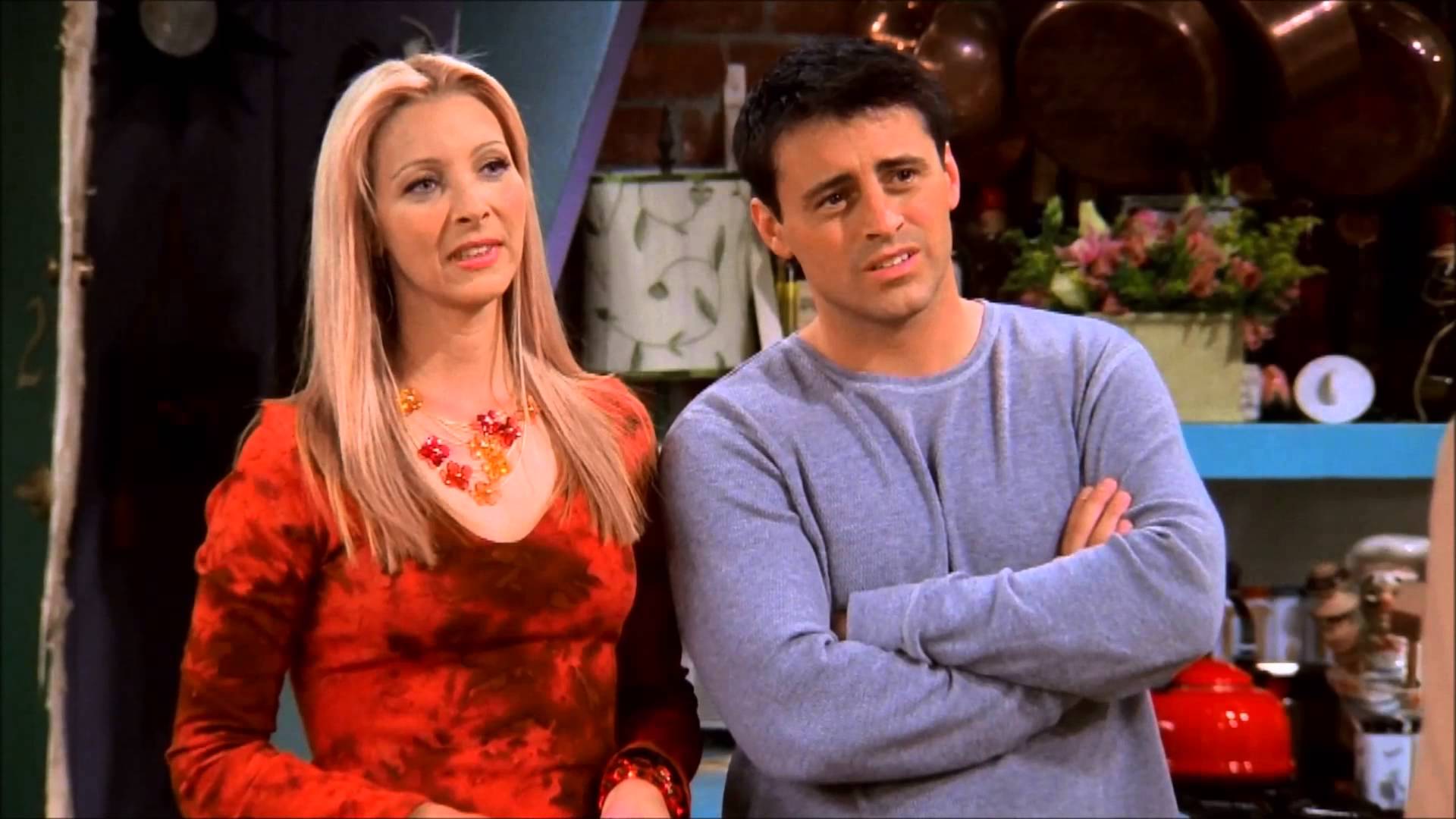Why you probably only have half the number of friends you think you do
A recent study suggest almost half the people we consider friends do not feel the same way

Your support helps us to tell the story
From reproductive rights to climate change to Big Tech, The Independent is on the ground when the story is developing. Whether it's investigating the financials of Elon Musk's pro-Trump PAC or producing our latest documentary, 'The A Word', which shines a light on the American women fighting for reproductive rights, we know how important it is to parse out the facts from the messaging.
At such a critical moment in US history, we need reporters on the ground. Your donation allows us to keep sending journalists to speak to both sides of the story.
The Independent is trusted by Americans across the entire political spectrum. And unlike many other quality news outlets, we choose not to lock Americans out of our reporting and analysis with paywalls. We believe quality journalism should be available to everyone, paid for by those who can afford it.
Your support makes all the difference.How many friends do you think you have? According to a new study, it may not be half as many as you counted on.
Scientists at Tel Aviv University and the Massachusetts Institute of Technology conducted a study in which they asked 84 students to rate their classmates.
The rating was scaled from zero to five, in which zero meant “I don’t know this person,” a rating of three meant someone was considered a “friend,” and a five was a score given to “one of my best friends”. They were also asked to predict how other participants would score them.
The study, which is published in the journal Plos One, showed that nearly all the participants had misjudged their friendships with people. A total of 94 per cent of people who ranked another person as a friend expected the feeling to be mutual, but in reality only just over half of participants had their friendship reciprocated.
A staggering 47 per cent of people who rated someone as a three – a friend - or higher did not receive the same rating from that person.
The study also found that people who had smaller groups of friends were more likely to feel a stronger friendship with someone who had a larger network of friends, creating an imbalance about how they viewed each other and their friendship. Those whose social circles mixed together were more likely to view each other as friends, however.
Dr Erez Shmueli, one of the authors of the study, told Mic.com: "Most of the people are wrong about half of their relationships.
"We are very bad at judging the types of relationships we have."
Join our commenting forum
Join thought-provoking conversations, follow other Independent readers and see their replies
Comments